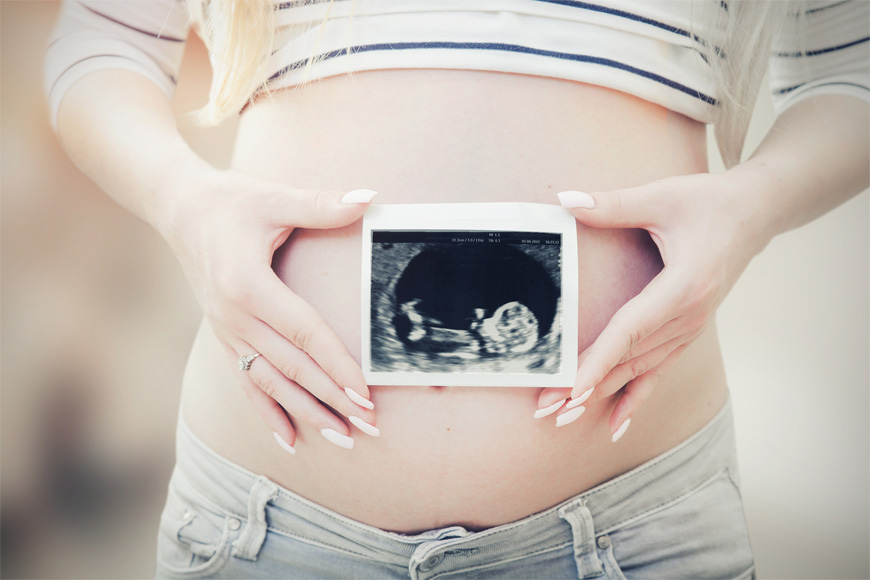Prevent digestive issues and other gastrointestinal health problems while fasting in Ramadan

Ramadan fasting can have strong effects on your digestive system.
During Ramadan, the gastrointestinal (GI) system may experience changes due to alterations in meal timings and dietary habits.
While fasting can offer various benefits, including improved mental clarity and weight management, it’s essential to understand its potential effects on the gastrointestinal tract.
"The digestive system undergoes several changes during fasting, affecting motility, secretion and absorption, which can impact overall digestive health," explained Dr. Ahmed Sultan, Gastroenterology & Hepatology Consultant at Mediclinic Airport Road Hospital Abu Dhabi.
What does fasting do to our stomachs?
Fasting can lead to decreased stomach acidity and changes in digestion patterns. Some people may experience constipation or indigestion, while others might have temporary adjustments in bowel habits.
"To minimise GI issues, stay hydrated during non-fasting hours, incorporate fibre-rich foods, and avoid excessive fried or spicy foods," advised Dr. Ahmed.
Additionally, breaking the fast with easily digestible foods, like dates and water, can help ease the transition into a larger meal.

What should you eat to help prevent GI?
Dr. Ahmed recommended going for a balanced diet with whole grains, protein, fruits and vegetables for suhoor (pre-dawn meal) and iftar (meal after sunset).
"Stay hydrated by drinking plenty of water between iftar and suhoor," he added.
Include foods that are rich in fibre to help maintain energy levels throughout the day.
What should you do if you're experiencing GI?
If you encounter persistent GI problems, it’s advisable to consult with a healthcare professional for personalised advice.
With state-of-the-art facilities and a team of experienced specialists at Mediclinic Airport Road Hospital Abu Dhabi, patients can expect the highest standard of care for the digestive and liver well-being.


























.png?itok=HBSyMDok)























































































.png?itok=0fOAXkOm)















.png?itok=EH_x0Pha)













